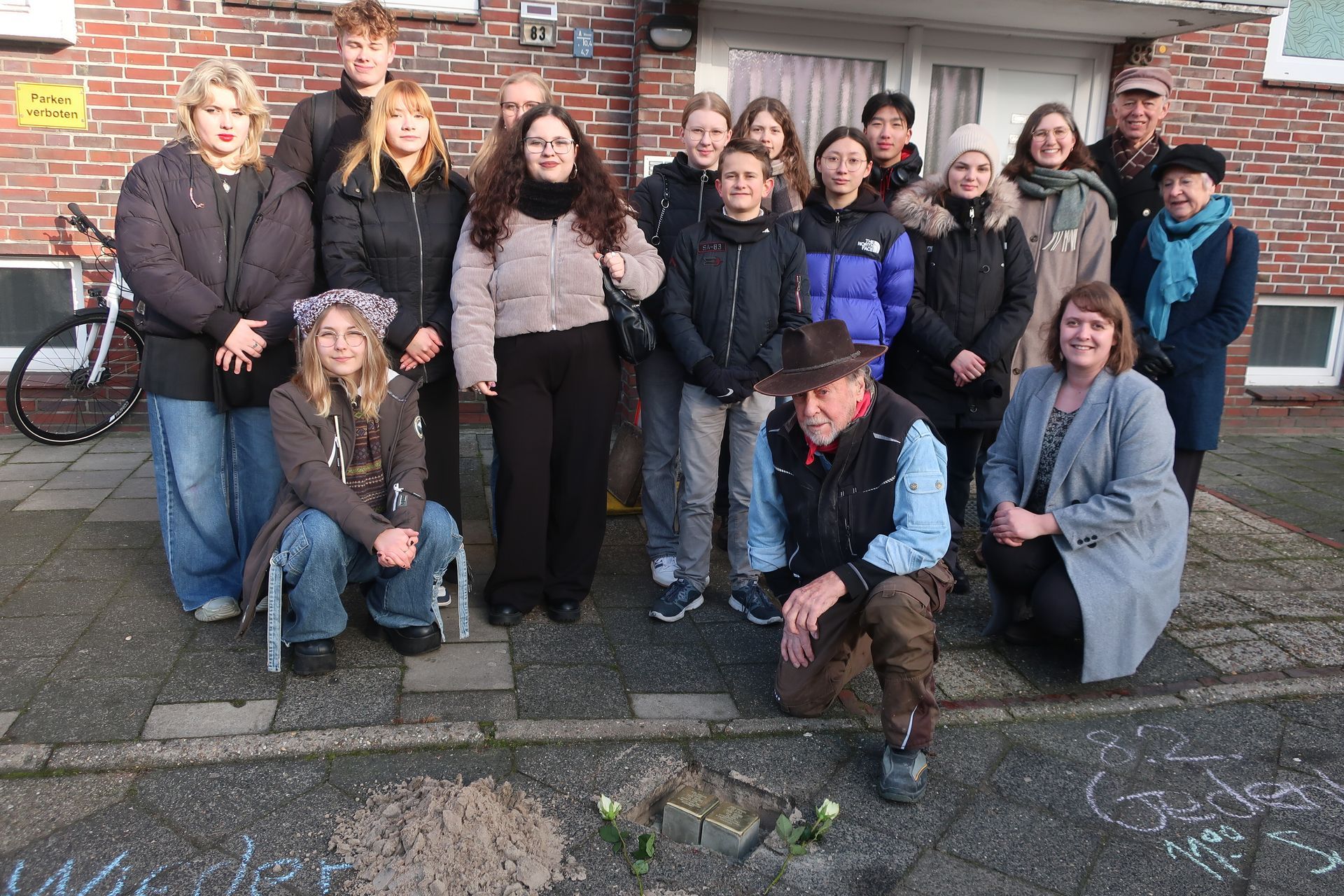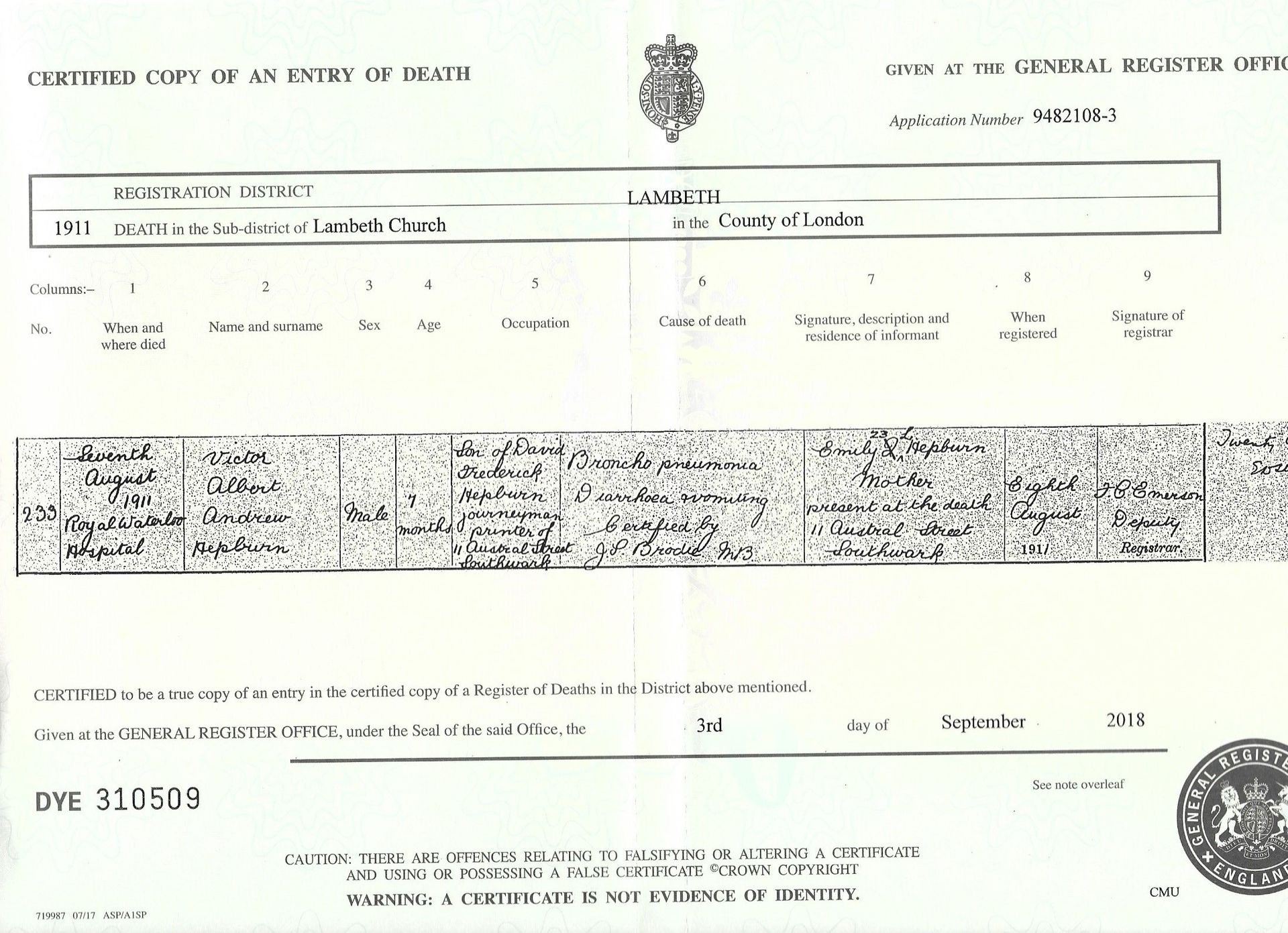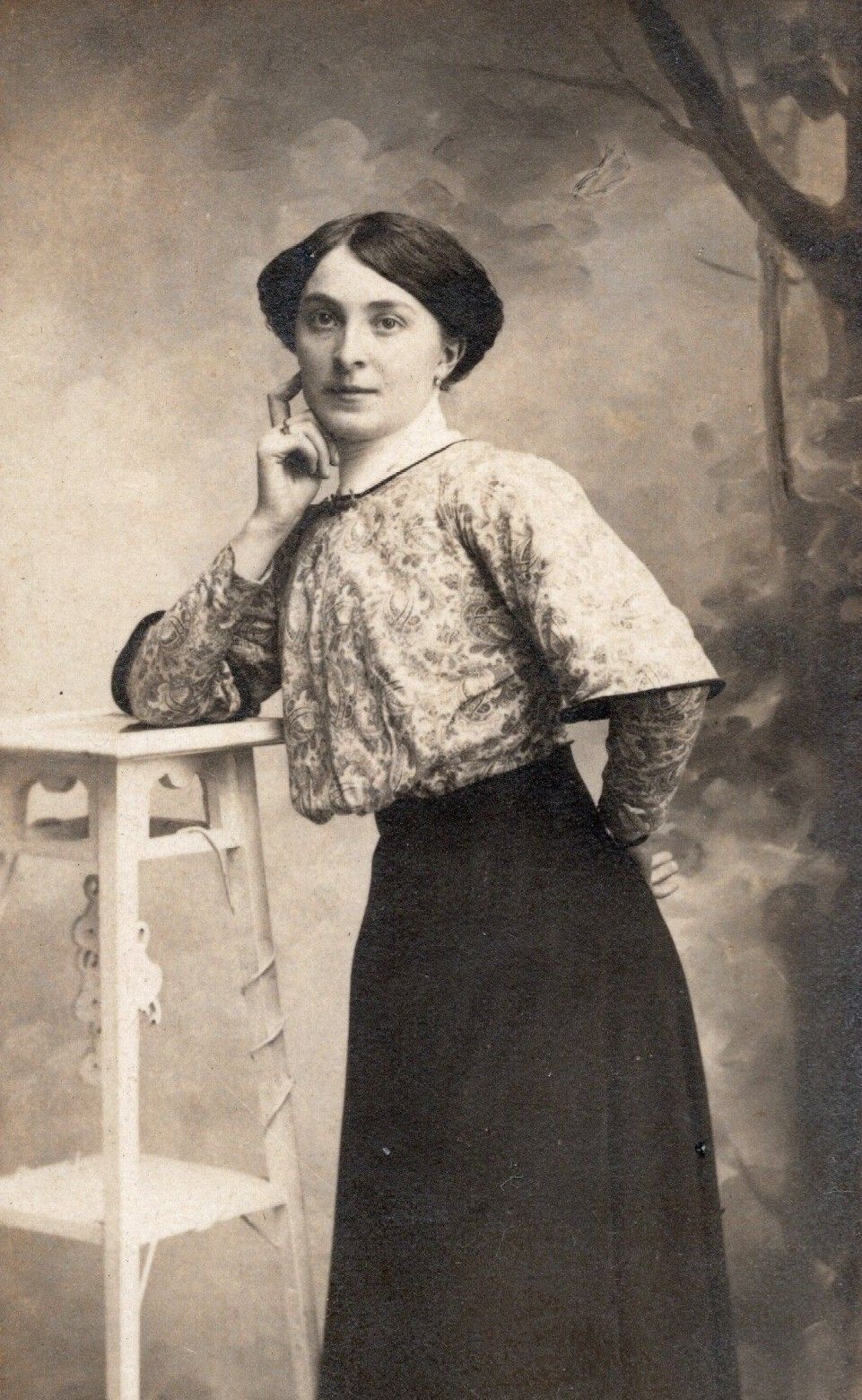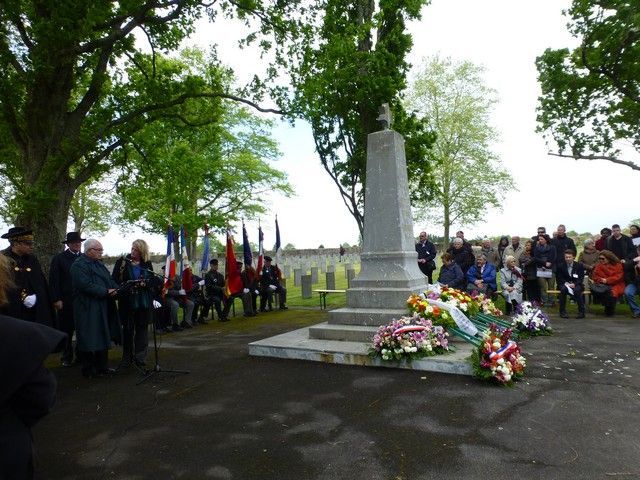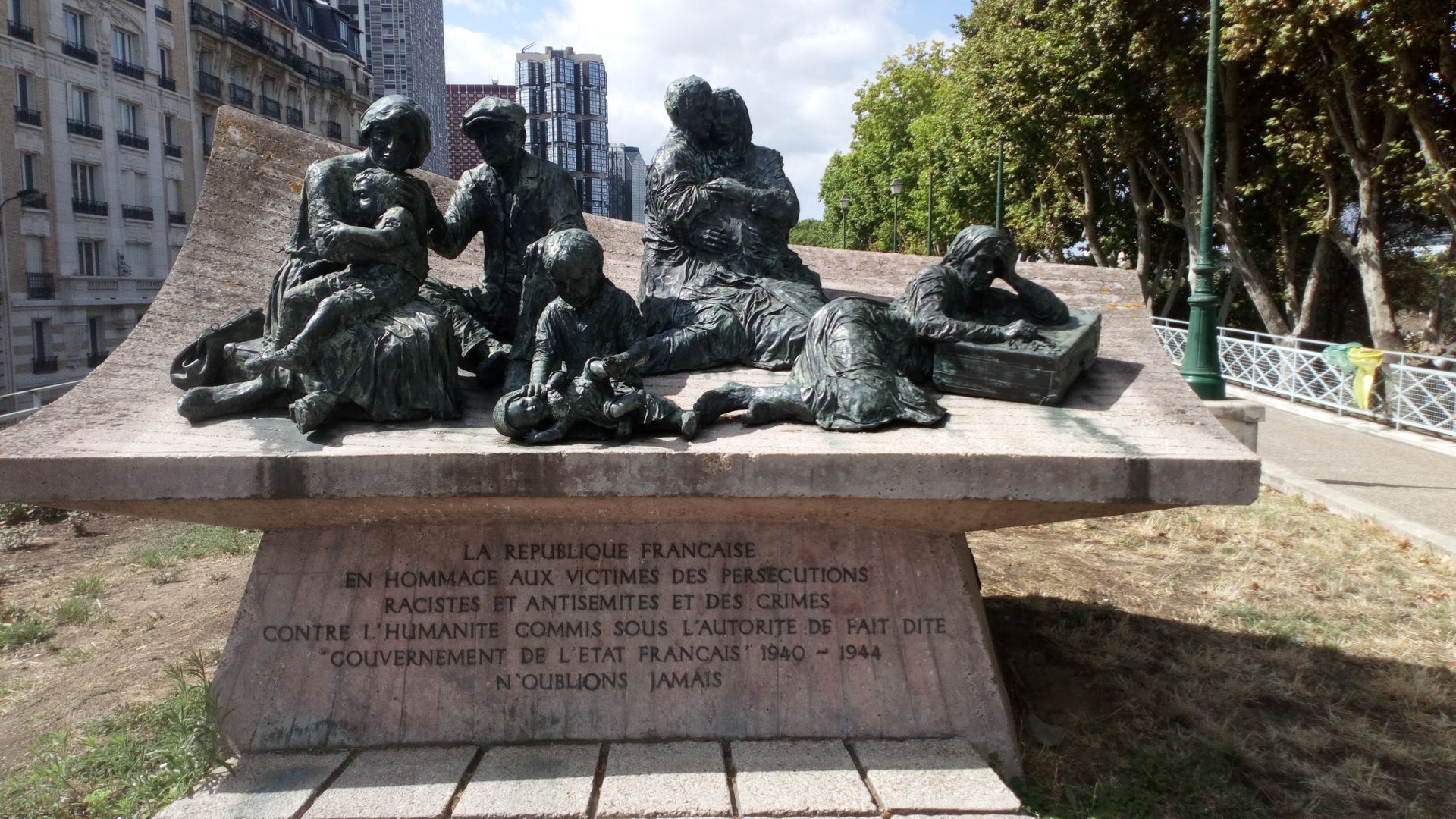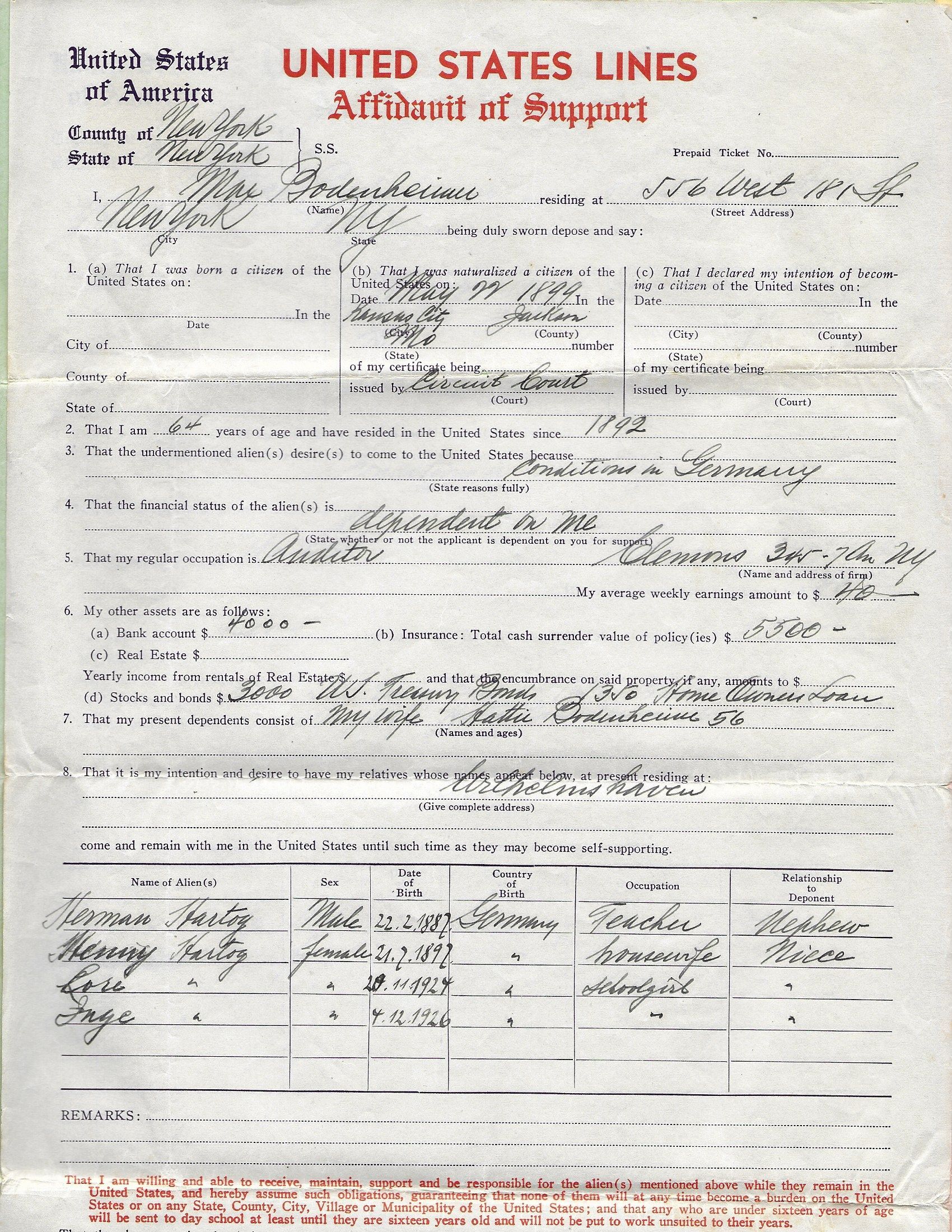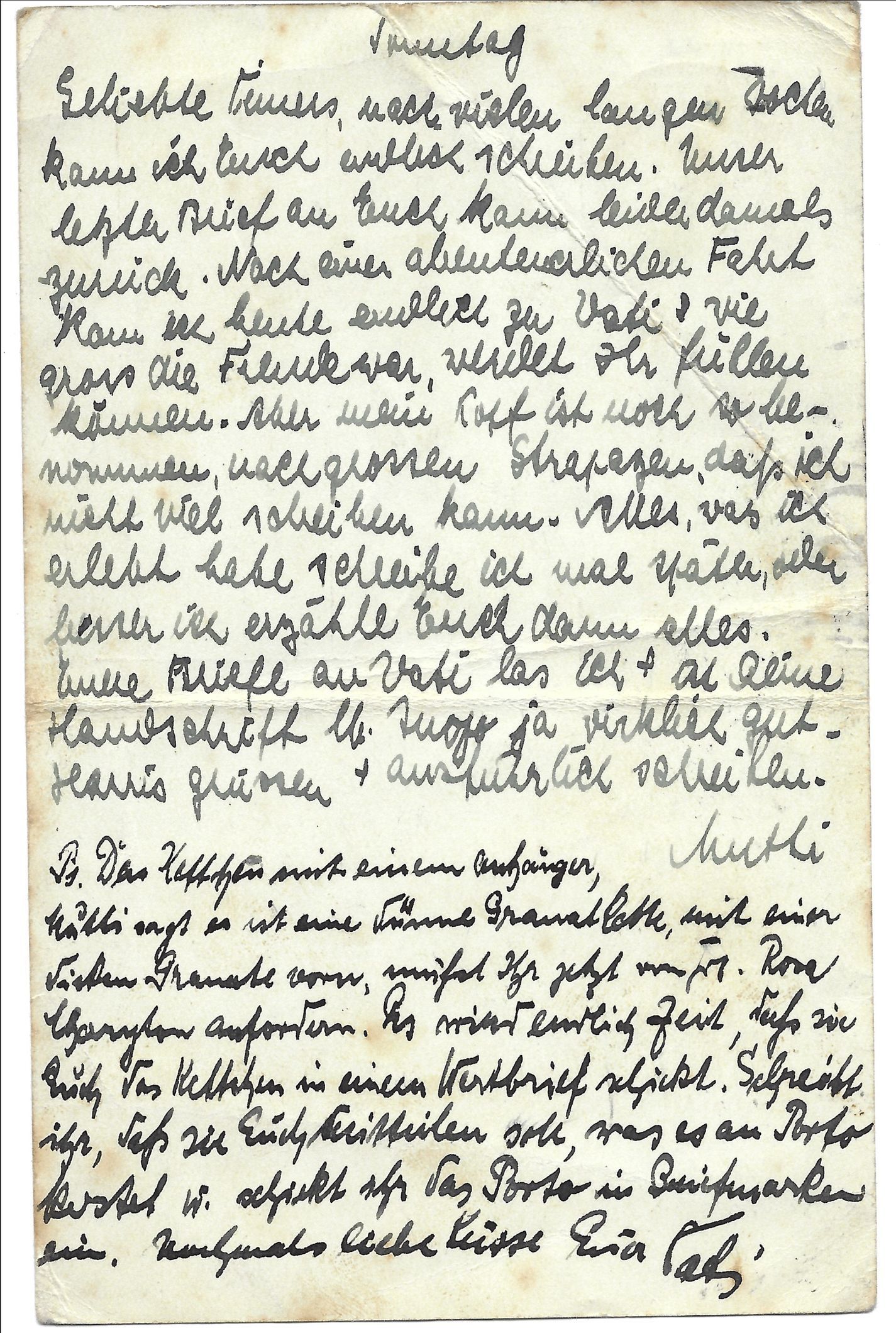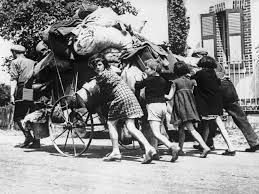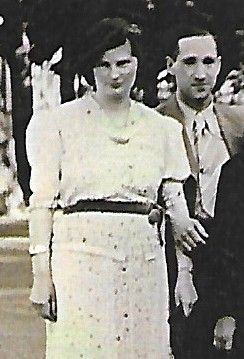Herbert Sulzbach and VE Day May 1945
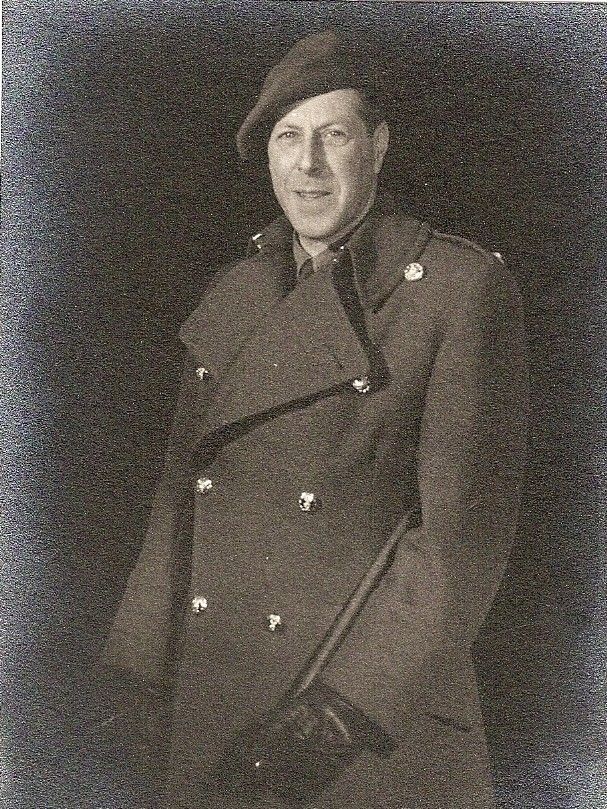
In May 1945, Herbert Sulzbach was working as a British officer in a camp for German prisoners of war in Scotland. He was the interpreter at the camp because he spoke fluent German. Fifty years previously, he had been born into a German Jewish family in Frankfurt and had fought for Germany in the First World War. But he viewed this defeat of Nazism with joy – and pride that he had fought for Britain in the Second World War.
He had four days leave due at the beginning of May so he took the train to London to join in the celebrations for the end of the war in Europe. He was overwhelmed by the joy he felt in this 'great and glorious event' and when he returned to Scotland he wrote to his older brother, who had taken refuge in Sweden:
'On 8 May I stood in Piccadilly Circus. It was hot and sunny, just as it had been on 3 September 1939 when war was declared. The crowds were singing, dancing, cheering, and were very high-spirited.'
He watched with amusement as three young British officers ran out of a restaurant and attempted to scale the protective boarding around the fountain of Eros, in the centre of Piccadilly Circus. When they finally reached the top, the crowd cheered and men and women from all the forces and countries that had fought for this victory continued the day with dancing and singing, hugging and kissing. That evening, Sulzbach wrote a letter to the woman who had been his English governess in his Frankfurt childhood.
'No words exist to express the atmosphere of these days. It is a mixture of joy, deep emotion, and highest pride.'
What Herbert Sulzbach wanted now – more than ever – was to forge a spirit of friendship and reconciliation between Germany and Britain. When he returned to the camp in Scotland, he was aware of the changed mood amongst the prisoners there.
'They began to see how much their 'Führer' had lied to them, and that what they had taken to be propaganda was the truth, and what they had taken to be the truth was lies and invention.'
But there was still a lot of work for Herbert Sulzbach to do amongst these young men, who gradually grew to admire him.
(photo shows Herbert Sulzbach in 1945)
